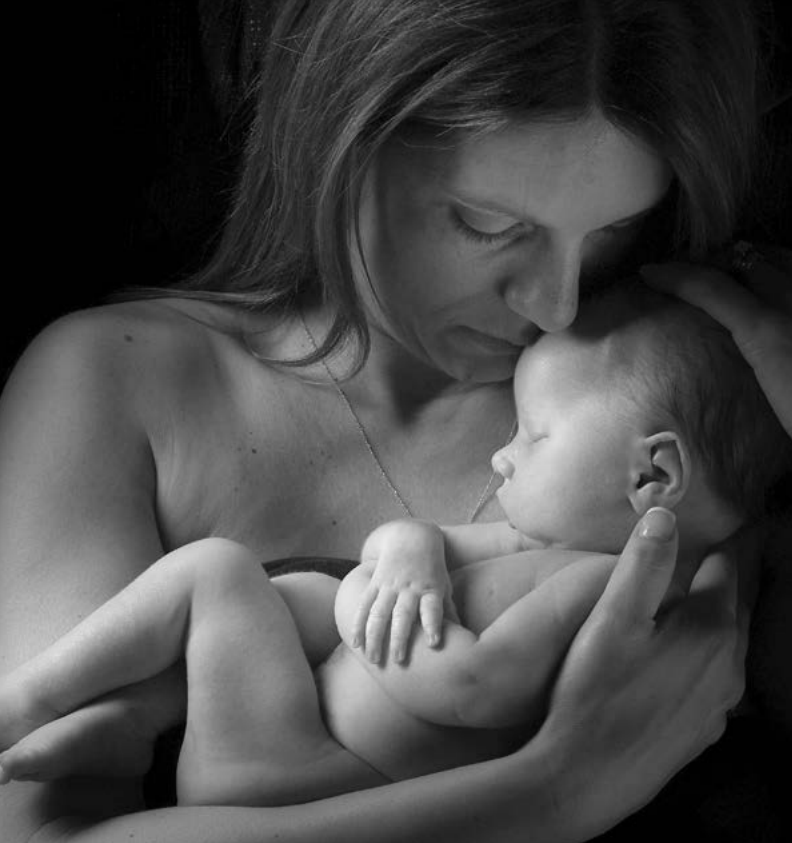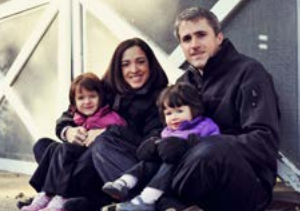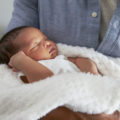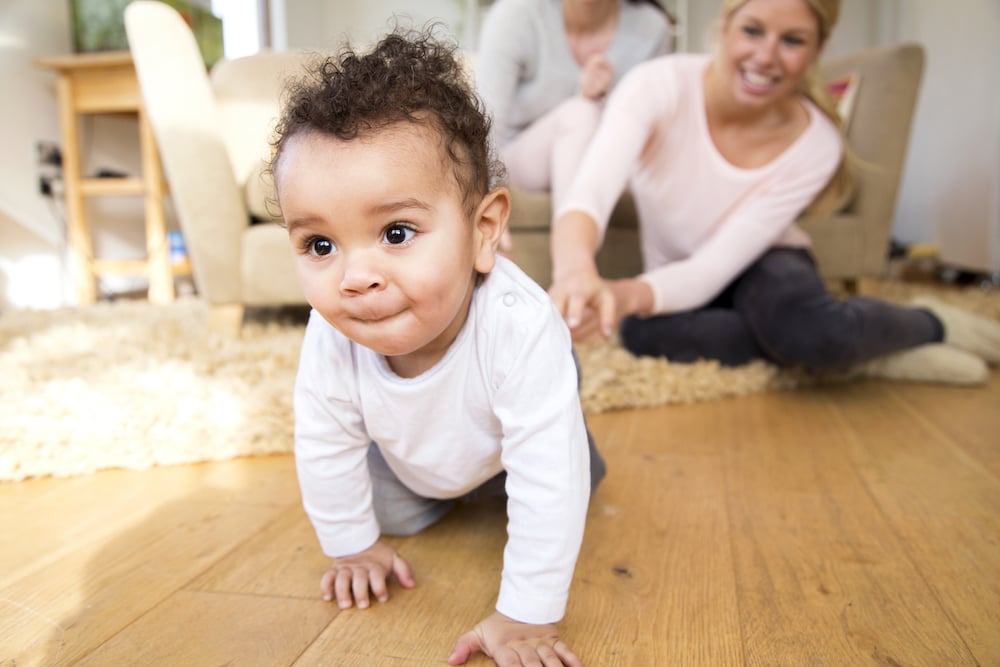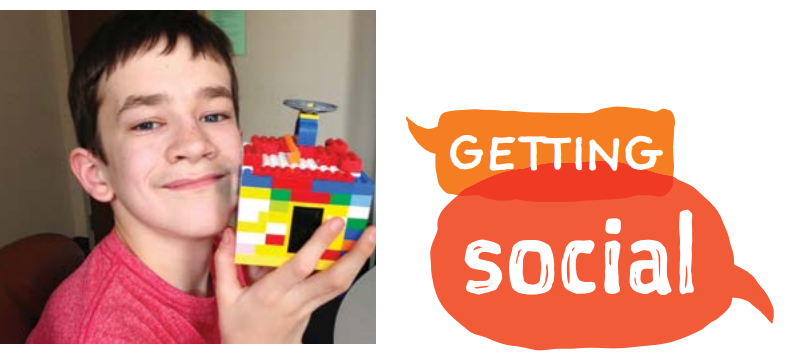Recovering emotionally after miscarriage and infant loss
As parents, you expect to raise your child through many bumps and bruises, nightmares, broken curfews and broken hearts, triumphs and aspirations.
These expectations begin during pregnancy. Excitedly you begin to stockpile teeny-tiny onesies, board books, even middle names.
Loss of a child — whether in miscarriage, stillbirth, infancy, later in life or even in the process of adoption — demands a certain level of self-care for the parents in question. Grieving, no matter what the situation, is always valid, as is every subsequent feeling — ranging from blind rage to overwhelming gratitude for the experience of loving the child.
Permission to grieve
But how can parents begin to cope with such complicated feelings in the wake of loss?
Krista Post, a licensed psychologist and owner of Psychotherapy Healing & Associates — a Twin Cities practice that includes The Postpartum Counseling Center — is a leading specialist in the field of parental mental health.
One of the chief challenges in the aftermath of a miscarriage, Post said, is finding a way to grieve.
“Many parents feel that they are not allowed to grieve because there is no actual baby out in the world for people to see,” she said.
After pregnancy loss, women in particular are expected to pick up and move on in a way that’s both biologically and emotionally impossible. The vision — bedtime stories, birthdays and beyond — is as real to her as anything she’s ever experienced, as are the hormonal and physical changes that accompany pregnancy.
In her practice, Post sees another common problem among women who have gone through a miscarriage — diminished self-worth.
“They feel inadequate, not woman enough,” she said. “They are mad at their bodies, mad at their partners, mad at themselves.”
These feelings are exacerbated with multiple miscarriages and fertility struggles and, when not dealt with, can lead to perinatal mood disorders such as depression. Burying these intense feelings can also inhibit the natural feelings of joy and excitement with subsequent pregnancies, replacing these emotions instead with fear and anxiety.
Amber Pone, a social worker and associate at Psychotherapy Healing & Associates, encourages women (and men, when appropriate) to get in touch with this anger so they can eventually let it go.
One particularly useful exercise in Pone’s work has been the use of personal letters.
“I once asked a mother who was really struggling after a third-trimester loss to write a letter to her body expressing all of those feelings of anger and disappointment,” Pone said. “Then I had her write back, from the position of her body — a body that, for the sake of the woman’s health, needed her love and forgiveness. This went back and forth and, eventually, she was able to move on.”
Whatever the healing tool, it’s important for the grieving parents to find something that helps, exhausting all options if necessary.
Wendy and Christian Lundsgaard of Wayzata experienced multiple infant losses (including a stillborn delivery of twins, three first-trimester miscarriages and an ectopic pregnancy requiring emergency surgery) before giving birth to two healthy girls, Maxine, now 5, and Franzi, 2. Photo by Devon Sween Photography
Healing after heartbreak
Wendy Lundsgaard of Wayzata experienced an ectopic pregnancy requiring emergency surgery, a stillborn delivery of twins and three first-trimester miscarriages before giving birth to two healthy girls, now 5 and 2.
She pulled strength from her loved ones and her doctor, who encouraged her to follow her own path to healing.
“My doctor read my cues,” Lundsgaard said. “He was upset for me, but was encouraging in the process and was my biggest cheerleader in continuing to move forward toward the family I have today. It was exactly what I needed.”
Lundsgaard took very special measures in having her two girls: She was on bed rest for seven weeks before giving birth to her oldest and six months with her youngest. With both girls, she had a cervical cerclage — a procedure in which her cervix was sewn up at 13 weeks gestation. That procedure, Lundsgaard believes, was really what made the difference. (She worked with Dr. Philip Marcus at Obstetrics, Gynecology & Infertility in the Twin Cities.)
Lundsgaard also relied on peer support.
“Hearing ‘I don’t know what to say’ from friends — who hadn’t been through what I was dealing with — was the most comforting to me during these times,” she said.
Support groups were especially important for Lundsgaard as well.
“I could talk with women who did know what to say and who offered such empathy and compassion. I never wanted the meetings to end,” she said.
Lundsgaard joined a Resolve group by the National Infertility Association, which organizes groups for families struggling with infertility and/or recurrent miscarriage.
According to the association, one in eight U.S. couples of childbearing age has trouble conceiving or sustaining a pregnancy.
Recovering from stillbirth
Stillbirth is a type of loss that presents a unique set of challenges for the grieving parents.
“These parents always feel as if they are missing something,” Pone said. “They become panicked because they forgot to look at the baby’s feet or hands.”
Now I Lay Me Down To Sleep is an organization with the sole purpose of introducing stillbirth families to remembrance photography.
Both Pone and Post wholeheartedly recommend this service and any other memorialization that the family wants or needs. Making time to capture images of the child can alleviate some of those feelings of panic that emerge: There’s a physical image to hold and linger over.
Deb Rich, a licensed psychologist and founder of the Shoshana Center for Reproductive Health Psychology in St. Paul, emphasizes not only taking time to bond with and photograph the stillborn baby but also scheduling time with any and all medical providers as well to understand everything there is to know about the circumstances of the loss.
“Knowing what there is to know is an important part of being able to move forward in your journey,” Rich said.
Finding your way
Colleen Lindstrom, a lifelong Minneapolis resident and co-host of Colleen & Bradley on myTalk 107.1FM lost her infant daughter, Brady, to what was diagnosed as SIDS because of the inability to rule out other causes.
Lindstrom emphasized that in addition to therapy and help from local support groups, finding ways to honor Brady has been very healing. Also a survivor of multiple miscarriages, Lindstrom said: “We weave our babies into our lives each day and we continue to tell our children especially about their big sister, Brady. We show them pictures; we refer to her place in the family. She is counted.”
Many parents are afraid to move on. They feel guilty, as if they are betraying their child. They feel worried that moving on means letting go of their child’s memory.
As Lindstrom illustrates, moving through grief and forward to a new family picture doesn’t mean letting go.
There are many ways to keep the child very much a part of family life while still taking care of your own emotional health.
Support during grief
Though Lindstrom has stopped writing her blog, Keeping Her Cool, she still maintains the site for the sake of one particular post about her infant-loss experiences, because people still ask her what they can do for friends who have experienced similar losses.
Her 2011 post outlines the Do’s and Don’ts of supporting a bereaved parent. (See tinyurl.com/colleen-brady to read the full text.)
First and foremost, Lindstrom advises, “DO meet your friend where they are in their grief. You may have advice on how to approach the grief process, and it may indeed be good advice. But, in the early days, your friend needs you to support him or her.”
Also, don’t be afraid to talk about their child — by name. “DO say the child’s name. Say it often. Say it loudly. Don’t be afraid. They NEED and WANT to hear their child’s name.”
Lindstrom has a separate blog post about the words “at least”: “DON’T say the words ‘at least.’ Whatever you do, if you feel those words tickle your lips, stop talking. Just stop. Nothing good comes after those words.”
Examples include: “At least you’re young and you can have another,” “At least you have another child,” and “At least you have each other.”
Lindstrom explains: “Whether you are intending this or not, those words are minimizing the pain of their grief. They are saying, ‘It could be worse.’ For the grieving person, it couldn’t be worse. Or if it could, they don’t want to know how.”
Again, it’s important to let grieving parents take the lead in how they mourn their loss, even if they don’t seem to know where they’re going.
Parents, Rich said, should know there’s no right way to experience loss.
“Many circumstances affect the experience — living children, history of infertility, life stability, spiritual community, family relationships,” she said. “Don’t give up until you find what is meaningful and useful to you.”



